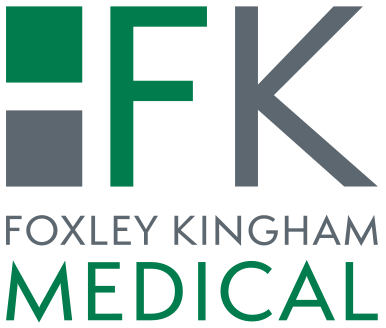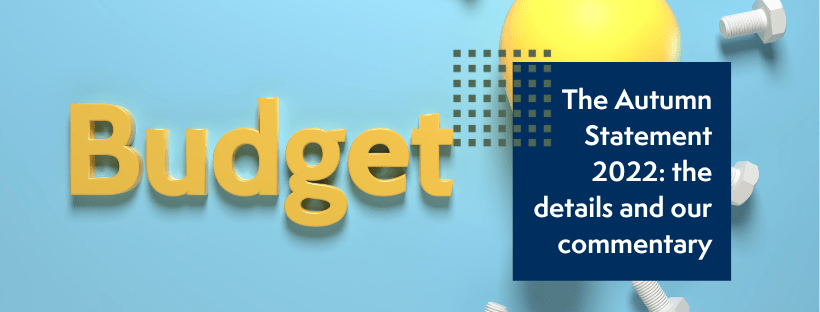The key HMRC reform, which only affects unincorporated businesses, such as partnerships and sole traders, involves moving the calculation of business profits from the ‘current year’ basis to a ‘tax year’ basis.
HMRC’s measure was originally put forward as a means of simplifying the tax administration framework and the main drivers for the reform continue to be the alignment of systems and Making Tax Digital (MTD).
Since this affects medical practices particularly, Foxley Kingham Medical is here with the main points, background, and implications of the changes coming.
Background to the changes
At the moment, your accounting year-end determines which year you pay your tax. For example, an accounting year end of 30th June 2022 will be taxed in the 5 April 2023 tax year, since the year-end falls in this tax year.
When a GP joins a practice, with a yearend not aligned with the tax year (5th April or 31st March), they will be taxed based on opening year rules which will usually result in profits being taxed twice at the start and create what is known as overlap profits. When a partner retires or leaves the partnership the overlap profits are deducted from the final period of profit for the partner which should ensure the individual only pays tax once on earnings throughout the period.
What is changing?
HMRC wants to switch the basis of assessment so that taxes are paid on a tax year basis,” explains Zeeshan Hussain, Director at Foxley Kingham Medical, with specialist expertise in accountancy for medical practices and GPs.
Therefore, all unincorporated businesses will pay tax on profits arising on a 12-month period ending 31st March/5th April. Practices can still choose to have an accounting year-end that does not align with the tax year. However, if the business year-end is not changed to align with the tax year estimated figures may need to be submitted to HMRC. For instance, if the practice decides to keep its year-end on 30th June it will need to disclose three months’ profits from one year-end (i.e., April – June) and 9 months’ profits from another year-end (i.e. July – March) the figures for the 9 months may not be ready by the time the tax returns are submitted.
When will the change happen
The reform takes effect from the 2024/25 tax year (i.e., from April 2024), however, there is a transitional year in the 2023/24 tax year. In 2023/24 practices will be taxed on their existing accounting year end (e.g., 30th June 2023 – standard part), plus profits up to the tax year March 2024 (1st July 2023 – 31st March/5th April 2024 in our example – transition part).
As we can see from the above in the transitional year an additional 9 months (1st July 2023 – 31st March/5th April) profits are brought into tax charge. To compensate for this individuals will be allowed to deduct ‘overlap profits’ (as discussed above). Even after this, there may be a large tax bill. HMRC has identified this and put it in the process to spread the excess profits over a period of five tax years (specific rules if you have a loss or retire before the 5-year period).
“Many of our GP practices have their year-end in June or December, so there will be many affected. And although this doesn’t begin until 2024/25, the transitional year will be 2023/24, which is quite soon,” says Zeeshan Hussain, Director at Foxley Kingham Medical, with specialist expertise in accountancy for medical practices and GPs.
An example in the transitional year
HMRC has a number of examples on its website explaining various situations. A simple example is as follows:-
A GP Practice makes it accounts to 30th September annually. Dr. A has partnership profits of £100,000 in September 2023 (standard part) and profits of £120,000 in September 2024 (transitional part). Dr. A also has overlap profits brought forward of £20,000.
- Profits for the standard part (30/09/2023) £100,000
- Profits for transitional part (6m/12m * 30/09/2024) £60,000
- Less overlap profits £(20,000)
- Profits assessable £140,000
The profits at (4) exceed (1) by £40,000 which can be spread over 5 years, therefore £8,000 is added to the standard part (in 2023/24), so the revised assessable income is £108,000. As you can see depending on a GPs future income this 5-year spread may impact tax bands and personal allowance.
Impact on pensions
The reform will have a knock-on impact on pensions, but there’s no guidance as yet from HMRC.
“Historically, pensions usually follow the tax legislation, but there’s no guidance yet so we will wait and see what happens and be ready to advise clients,” says Zeeshan.
Speak to your accountant
For any medical practice or GP unsure of how to approach the changes, the advice is to consult with your accountant and carry out scenario planning, to gauge the level of support and accountancy work you’ll need to get the changes into play during the transition year of 2023/24.
“It may be a case of estimating some figures on your tax return, to then revise at a later date. But your accountant will go through which option is best and advise you accordingly. As always, with any changes such as these, your accountant is here to support you and your business, and find the best, most pain-free solution.”
Disclaimer: Please note that we cannot be held responsible in any way for any consequence arising from the information provided in this newsletter. Whilst every effort is made to ensure the accuracy of the content of all FK and FK Medical publications, no decisions should be taken on the basis of information given without reference to specialist advice.













